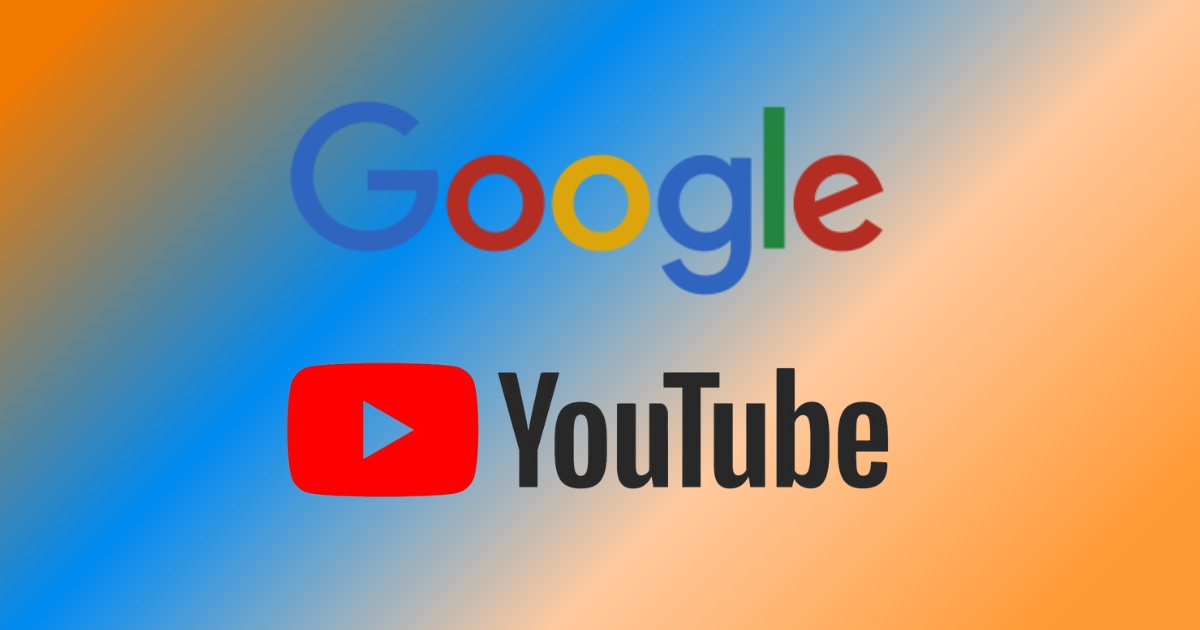
Google and YouTube have announced an intensified effort to combat misinformation, particularly in regions like the Philippines where interest in terms like “fake news” and “misinformation” remains high. According to recent data from Google Trends, the Philippines leads globally in searches related to these topics, underscoring the country’s ongoing interest in addressing these issues.
In addition to being among the top nations searching for terms like “disinformation” and “fact-checking,” Filipinos continue to exhibit a strong desire to educate themselves and confront the challenges posed by misinformation.
As part of their ongoing commitment to promoting news and media literacy in the Philippines, Google and YouTube have outlined several initiatives aimed at combating misinformation:
- YouTube has introduced a content-labeling tool within Creator Studio, requiring creators to disclose the use of altered or synthetic media, including generative AI, fostering transparency and trust between creators and audiences.
- Google will publish its #YOUTHink media literacy publication in the Ilocano language to reach more Filipinos across different regions, expanding its coverage beyond Filipino, English, and Cebuano versions.
- Users can now prompt the Gemini AI to search for questions or queries, with the option to double-check responses using the built-in Google Search button, promoting critical thinking and exploration of related topics and sources.
- Google Search “About This Result” feature is now available in Filipino. This feature provides additional context for search results, helping users understand the source of information and how it’s relevant to their query.
- During major breaking news events, a dedicated shelf appears on YouTube’s homepage to provide viewers with immediate access to authoritative news sources.
- YouTube displays information panels linked to third-party sources for topics prone to misinformation, such as the moon landing or flat Earth theory, offering users additional context and verification.
- YouTube’s policies for content behavior apply to all types of content on the platform, with violations resulting in strikes and potential permanent removal for repeat offenders.
- Google conducts capacity-building workshops globally, including in the Philippines, to help media professionals assess information online, having trained over 220,000 journalists across the Asia Pacific.
“Google’s mission is to organize the world’s information and make it universally accessible and useful. Core to this mission is to provide people with trustworthy content, and opportunities for freedom of expression while addressing misinformation. We believe the media and creators do play an important role in ensuring that more Filipinos online can connect to trusted information even on new formats like short videos,” according to Mervin Wenke, Head of Communications and Public Affairs at Google Philippines.

In addition to these efforts, Google is committed to supporting quality content and journalism on platforms like Shorts, ensuring that accurate information thrives even in emerging formats.